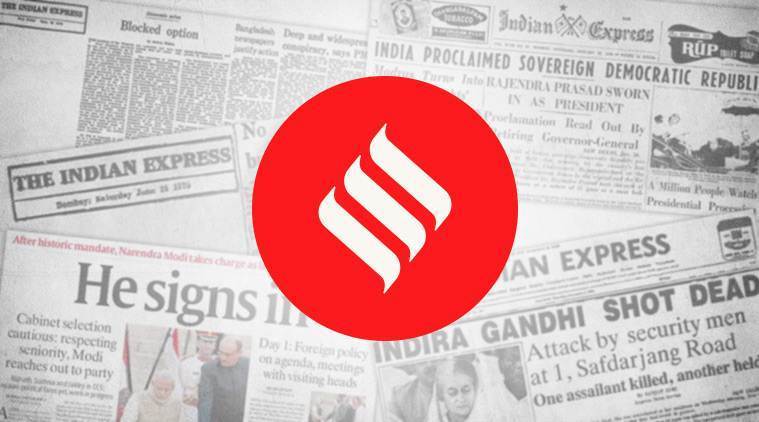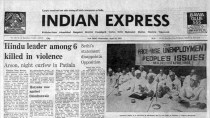- India
- International
Delhi can’t duck
Diplomatic kerfuffle in Washington is a warning: Modi government underestimates external fallout of internal policies
 The decision to ring-fence assets of companies comes at a time when there have been instances of government agencies initiating action against companies whose resolution process has been completed.
The decision to ring-fence assets of companies comes at a time when there have been instances of government agencies initiating action against companies whose resolution process has been completed.
The controversy over External Affairs Minister S Jaishankar’s cancelled meeting with a US Congressional Committee last week points to something more than an avoidable diplomatic incident. Jaishankar, who ran the Americas desk in the foreign office, served as ambassador there earlier in this decade, and led many Indian initiatives towards the US as foreign secretary, knows Washington better than most in the government. Jaishankar’s decision reflects India’s emerging troubles with the US Congress and more broadly with the liberal public opinion in the US and beyond. Even assuming that some members of the Congress are targeting India on Kashmir, avoiding an engagement is only bound to make matters worse.
The 435 members of the House of Representatives and the 100 members of the Senate tend to pronounce on all world matters. The US legislature is an integral part of the government with substantive fiscal power and diplomatic influence. The US Congress is, of course, open to persuasion on the conduct of American foreign policy. South Block is well aware of this. After all, Delhi has turned a hostile US Congress into a formidable ally over the last quarter of a century. Until the early 1990s, the Congress routinely passed resolutions against India with substantive majorities on Kashmir, Punjab, human rights and nuclear proliferation. Within a decade, the Indian diaspora organised the largest country-caucus in the Congress; since then, there had been no anti-India resolutions on Kashmir or in support of Sikh separatism. The Congress also revised three and a half decades of non-proliferation law to facilitate international civil nuclear cooperation with India. It became a champion of more intensive defence and security cooperation with Delhi.
Now, the Narendra Modi government’s politics of majoritarianism appears to be alienating critical sections in the US — including those who champion human rights and religious freedoms. Modi’s policies are identified as Islamophobic by the American Muslim groups as well as liberal media. A new generation of Indian Americans is not willing to turn a blind eye to what are seen to be Delhi’s egregious policies. Murmurs of concern across the American political spectrum during the first term of the Modi government have turned into vocal objections in the second, thanks to the rapid moves by the government on Kashmir, CAA and the NRC in the last seven months. Political engagement alone may not be enough for changing the new negative dynamic in Washington. For, it is rooted in the belief that the Modi government is abandoning the political values that endeared India to the democratic world. The diplomatic kerfuffle in Washington last week is a reminder that the Modi government may be seriously underestimating the international consequences of its internal policies. In his speech at the capital’s Ramlila Maidan on Sunday, PM Modi mentioned the toll the anti-CAA agitation could take on India’s image abroad, and also spoke about recently improved ties with countries in the Muslim world. But his tone was accusatory — he sought to lay blame on the political opposition instead of acknowledging his government’s responsibility to calm passions and lower the temperature. As it keeps India on the boil, Delhi might soon find the external costs of its majoritarian politics escalating rather quickly.
40 Years Ago
EXPRESS OPINION
More Explained
Apr 18: Latest News
- 01
- 02
- 03
- 04
- 05
































